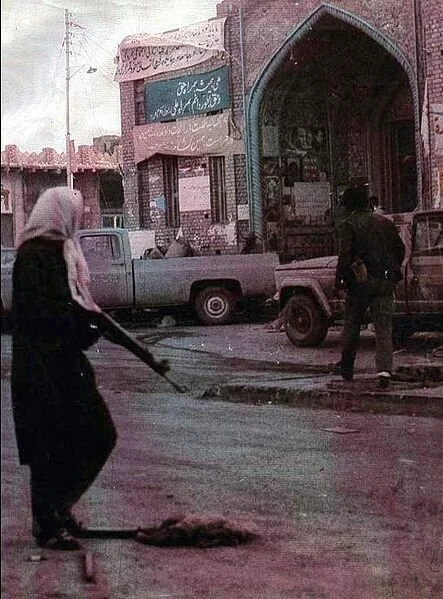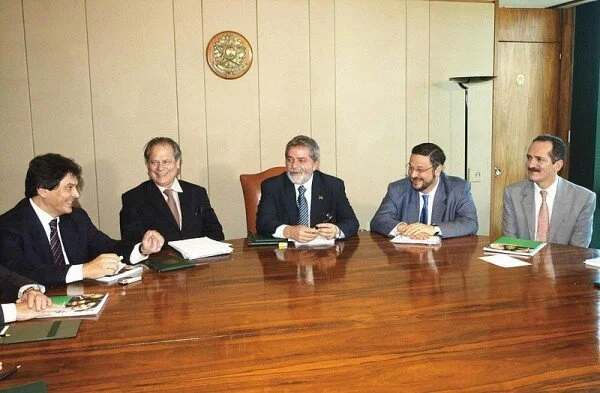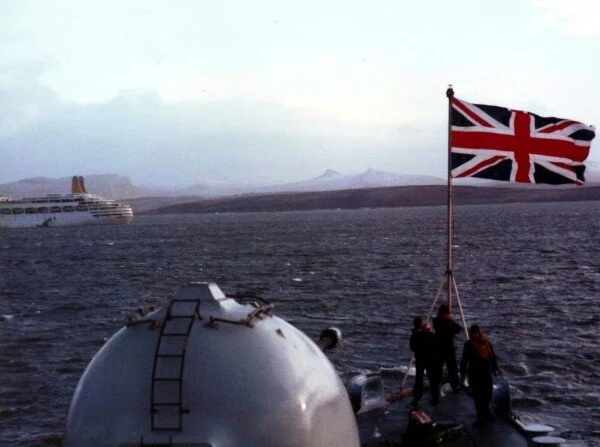An Interview with Syrian writer, journalist, activist Samar Yazbek on the growing influence of jihadists in Syria.
Read MoreBy Kailash Prasad
A settlement on Iran's nuclear program seems more possible now, but a rigid US stance toward Tehran could be biggest obstacle.
Read MoreBy Lucas Bento
Though it seemed that women in countries that played key roles in the Arab Awakening were destined for full emancipation, a number of developments are now undermining prospects for gender equality. But the foundations for change exist, and with the timely implementation of policies and ground-level programs focusing on economic empowerment, education and equality, the rights of women can be significantly improved.
Read MoreBy Michael V. Palinkas
Following the end of the Cold War, the defense budget in the United States began to shrink. In response, domestic arms manufacturers in the U.S. increased their focus on political lobbying. This lobbying worked to gain favorable subsidies for research and development, improve access to foreign markets, and open lucrative secondary markets.
Read MoreBy Rosa Belkadi
An increasing number of religious political parties are gaining power in the Arab world as a result of the social, political, and electoral opportunities created by the “Arab Spring.” Will democracy, which was once seen as the ultimate solution to all trouble in the Middle East and North Africa, bring about the undesirable result of theocratic rule, undermining the very democracy the Arab Spring sought to create?
Read MoreBy Lucas Bento
Lawyer Lucas Bento on Brazil's Trial of the Century: "Jose Dirceu, Chief of Staff to former Brazilian President Lula Inacio da Silva, is accused, along with another thirty-six top former government officials, lawmakers, and business executives of organizing a major vote-rigging scheme...the Mensalão" in light of Brazil's constant corruption struggle.”
Read MoreBy Dr. Inna Mattei and Gilles Van Nederveen
With the passing of the 30th anniversary of the Falklands War between the United Kingdom and Argentina this year, and the recent flaring up of tensions between the two nations over the status of the Falkland Islands, an examination of the current force structure in the South Pacific is needed to realistically assess military contingencies.
Read MoreBy Michele Acuto
International theorists and commentators nowadays are quite accustomed to, as Charles Tilly put it in a landmark text for political science, “big structures, large processes, huge comparisons.”1 Yet attention to the inherent complexity of these large phenomena is often lacking in this “big picture” mentality.
Read MoreBy Michael Morrison
As the Chinese Communist Party prepares for a major leadership transition, China’s foreign policy think tanks are poised to contribute to the conceptualization and propagation of major foreign policy initiatives. This article examines the degree to which Party and State leaders look to think tanks for analysis, and how think tanks can be used as a window into Chinese decision-making.
Read MoreBy Stephen M. Walt
Most social scientists would like to think that their work helps solve important problems. For scholars of international relations, there is certainly no shortage of issues to address: ethnic and religious conflict, managing a fragile world economy, global terrorism, climate change, the spread of weapons of mass destruction, the Euro crisis, etc.—the list is endless.
Read MoreBy Bernard Yudkin Geoxavier
China will likely take a conservative and self-interested approach toward the UN Security Council and future humanitarian interventions, and will thus address international and regional crises through a pragmatic case-by-case strategy. Yet within this case-by-case strategy, while China’s actions may vary, its rationale does not.
Read MoreBy Paul Carroll
North Korea poses serious international security risks that have increased since it demonstrated a nuclear weapons capacity in 2006. Nations like China and South Korea have clear interests and vulnerabilities vis-à-vis North Korea, as does the United States; these relationships are based on historical and geopolitical factors that will endure.
Read MoreBy Patrick Mendis
A series of Chinese-built ports and airfields across the Indian Ocean comprises a grand “string of pearls” strategy within which Sri Lanka has become a crown jewel. The new forces of global power are geoeconomic, in which every capital in the world—from Washington, Beijing, London, and New Delhi to Karachi, Tehran, and Tokyo—seeks out Colombo, Sri Lanka’s capital, as part of the twenty-first century’s latest “Great Game.”
Read MoreBy John Teton
The long-recognized human right of freedom from hunger remains unrealized because traditional remedies for addressing it continue to prove inadequate. Nonetheless, the goals of ending starvation and malnutrition worldwide can be achieved through a global commitment to the International Food Security Treaty, which will place that right under the protection of enforceable national and international laws, and catalyze the development of systems necessary to effect those goals.
Read MoreAn Interview with David S. Cohen on the Treasury’s role in addressing terrorist threats, terrorism financing, and the efficacy of sanctions.
Read MoreAn Interview with Alexander Evans on his career as an academic and diplomat, as well as policy-making and diplomacy in Pakistan, Afghanistan, and India.
Read MoreBy Francis J. Gavin
International relations scholars and foreign policy makers often look at each other’s profession the way a bored spouse might gaze upon a forbidden but tempting lover. To the policy maker, the impenetrable walls of the Ivory Tower seem mysterious and exotic, a place of deep reflection and refined dialogue where they can escape the vicious and politicized battles that often dominate government life.
Read MoreBy Robert Jervis
I have been interested in politics, especially international politics, for as long as I can remember. The times in which I grew up and my personal surroundings were permeated by politics.
Read MoreBy John M. Owen IV
Insofar as I remember my own thinking before I was trained in political science, my natural inclination concerning political life was toward idealism. I tended to believe that ideas—especially political ideas or ideologies—were where the action was, and I assumed that ideologies motivated people more than material interests did.
Read More



















